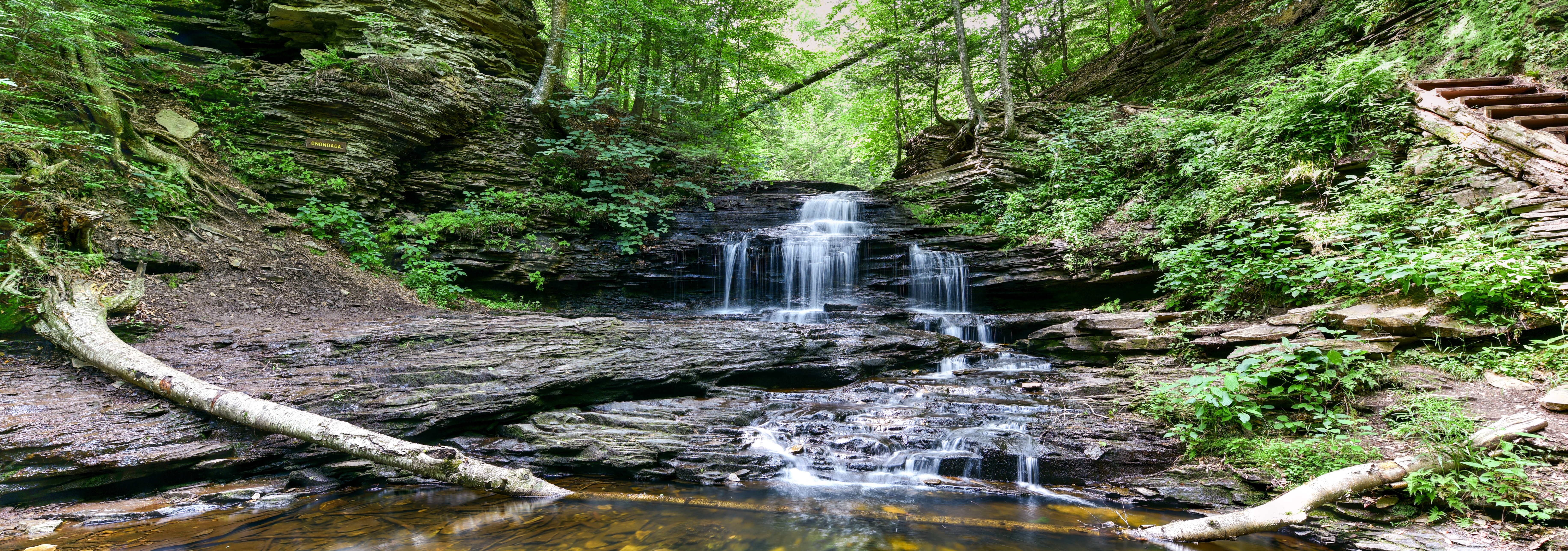Karst Site Characterization, Focusing on Geophysics for Geotechnical Projects
Presenter
Mia A. Painter, P.G.
Associate / Geophysical Team Leader
Schnabel Engineering
Please read: After registering on our site you'll receive a PCPG confirmation email indicating Action Required in the subject line. Your registration is not complete until you click through the unique link in that email directing you to the GoToWebinar web site, enter your name, email address, consent to terms and conditions, and click the Register button. Check your spam filter if you do not see the PCPG 'Action Required' email within 60 seconds of registering, here.
PCPG will circulate a PDH certificate documenting registrant’s participation time, not to exceed 60 minutes, within 72 hours of the conclusion of the webinar.
Level: Intermediate
Who should attend: Geologists, geotechnical engineers, developers, anyone interested but who isn’t sure what karst or geophysics means.
Webinar Overview: At a karst site, we cannot rely on interpolating conditions between test borings because of the variable subsurface conditions; therefore, our site characterizations are more comprehensive than at a non-karst site. The goal of the site characterization is to both identify the subsurface conditions and evaluate the impacts from karst features. Karst conditions impact geotechnical engineering projects in several ways: settlement and sinkhole development, both during and after construction; and complicated foundation design and installation due to variable rock depth and conditions. These can result in differing condition claims, schedule delays, material overruns, and safety concerns.
Site characterization methods in karst may include: fracture-trace analysis; review of available sinkhole maps and historic aerial photographs; site reconnaissance; geophysical methods; and intrusive investigation methods including test borings, test pits, and air-track probes. Geophysical investigations can be designed to range from a screening-level survey across a new site to assist with site civil layouts, to a high-resolution survey focusing on a particular feature such as a recurring sinkhole or specific structure footprint.
In this talk, case histories of projects in karst will be presented where geophysical surveys were conducted, along with other site characterization methods, to characterize the site. Case histories focus on sites in Pennsylvania and include: a site selection between two types of karst, evaluations at an airport with a history of karst features, a sinkhole from a residential water main break, and a sinkhole in a roadway.
About our Presenter: Mia A. Painter, P.G., specializes in geophysics for shallow subsurface investigation for geotechnical projects. Common applications related to karst include karst assessments, karst characterizations, remediation for utility breaks in karst, and sinkhole mapping and remediation. Mia leads the geophysical services team at Schnabel Engineering where she has worked for 21 years. Before that, Mia earned a BS in geology and geophysics from SUNY Fredonia and a MS in environmental geology (emphasis in geophysics) from Ohio University. Mia’s favorite project type is a karst site characterization (even though her biggest fears include spelunking and falling into a newly opened sinkhole).


